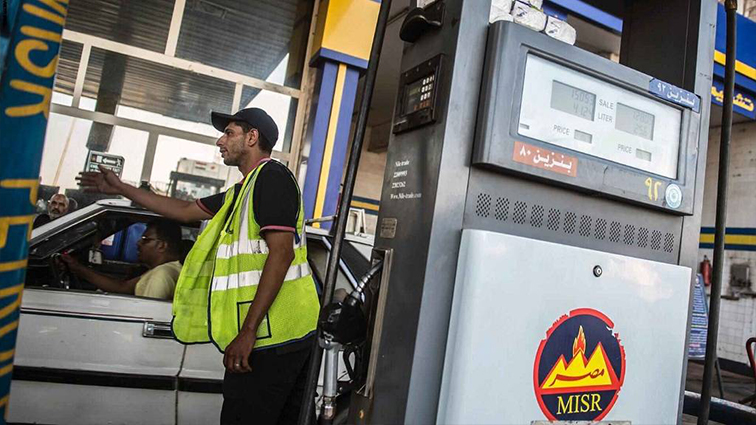The Egyptian government announced a wide increase in fuel prices on Thursday, four days before the third review of the International Monetary Fund’s $8 billion extended loan program for Egypt.
The new price details include: 80-octane gasoline: the price per liter rose to EGP 12.25 ($0.25), a 15% increase; 92-octane gasoline: the price per liter became EGP 13.75 ($0.28); 95-octane gasoline: the price per liter reached EGP 15 ($0.31); and diesel: the price per liter rose to EGP 11.50 ($0.24) from EGP 10 ($0.21), a larger increase than gasoline.
The increase comes as part of Egypt’s commitment to reduce fuel subsidies as part of its agreement with the International Monetary Fund, with the government raising fuel prices for the second time since March.
Egyptian Prime Minister Mostafa Madbouly said that petroleum product prices will gradually increase until December 2025.
Mandbouly added that electricity consumption is increasing rapidly, reaching about 38.5 gigawatts per day, forcing Egypt to import natural gas to generate electricity and stop the load shedding policy that has been in place since last year.
He pointed out that the deficit in generated electricity is estimated at about 4 gigawatts, and about 2.65 gigawatts of it are expected to be covered through new renewable energy projects in cooperation with the private sector.
The International Monetary Fund estimated last April that fuel subsidies in Egypt should be reduced from 331 billion pounds ($6.8 billion) in fiscal year 2023-2024 to 245 billion pounds ($5.1 billion) in 2024-2025.
The Executive Board of the International Monetary Fund postponed the approval of the third review of the delivery of $820 million to Egypt until July 29.
IMF spokeswoman Julie Kozack explained that the postponement is aimed at finalizing some policy details, adding that such postponements are not unusual during difficult circumstances.
Kozack noted that Egypt is operating in difficult regional conditions resulting from the Israeli war on the Gaza Strip and the escalation of Houthi attacks on cargo ships in the Red Sea, which led to a decline in Suez Canal revenues by more than half compared to last year.
The spokeswoman said that amid the risks and structural challenges, Egypt must “continue to pursue economic policies that will ultimately best serve the Egyptian people, and I can say that our team, of course, is working closely with the Egyptian authorities.”
Algeria prepares to propose a resolution regarding Palestine’s membership in the United Nations
